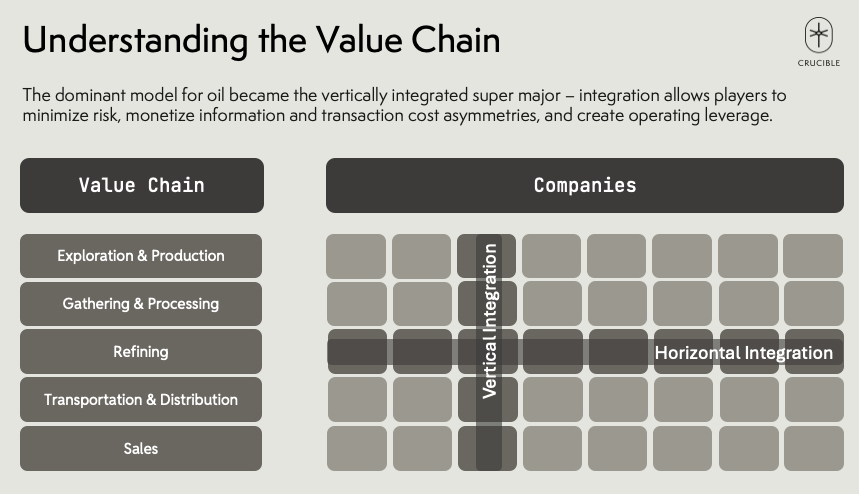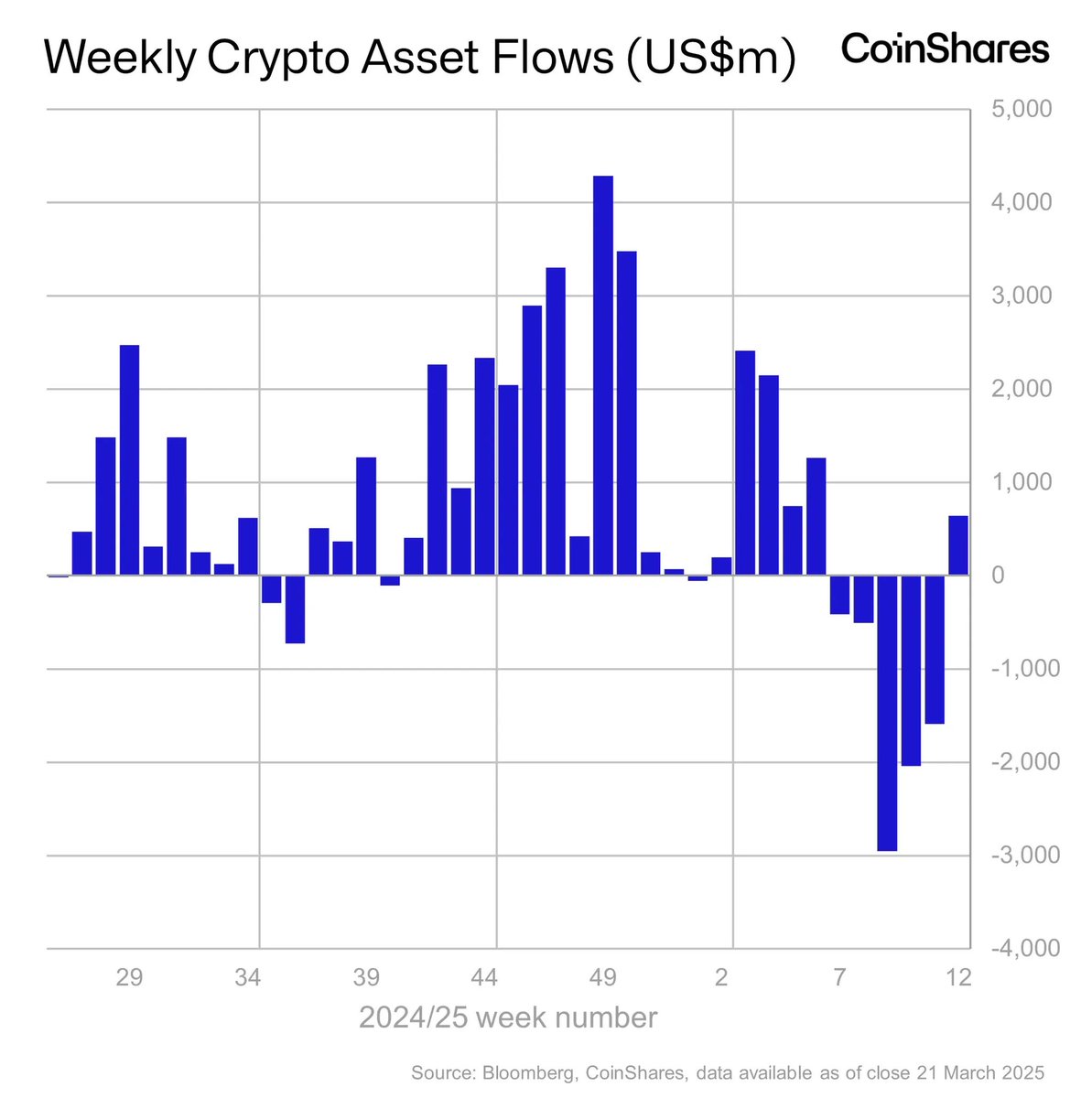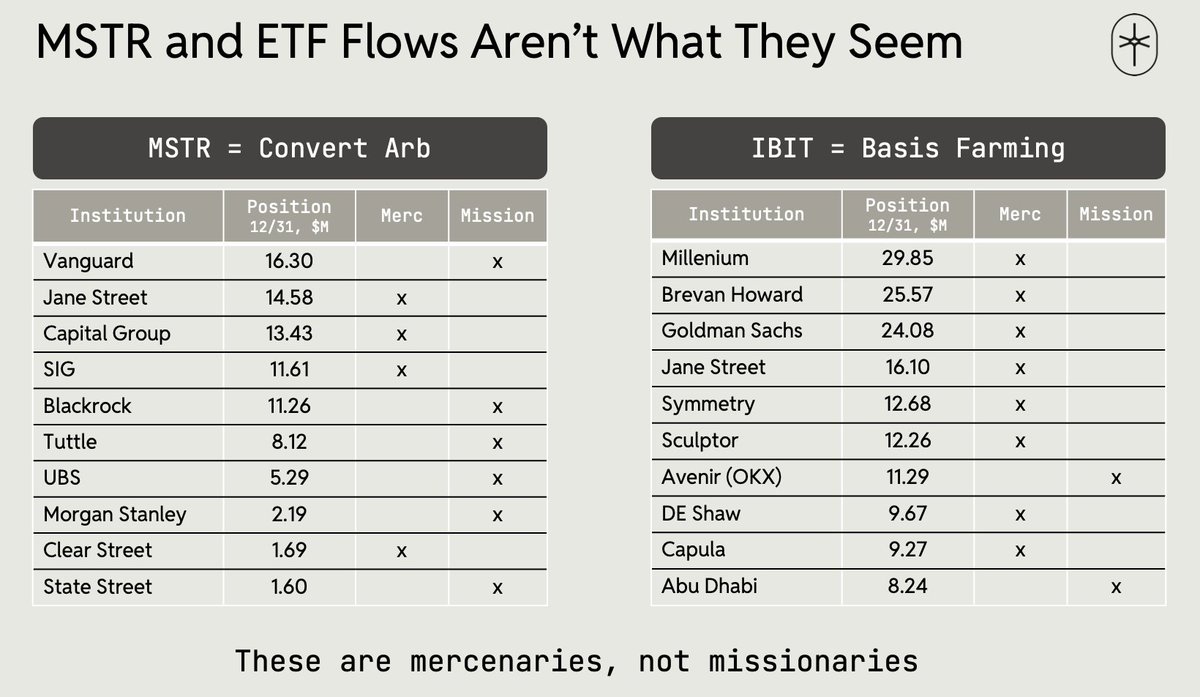1/ i see a lot of new ppl coming in and buying random tokens b/c number go up - a thread if u wanna "invest" - not financial advice and DYOR.
many projects launch with a limited supply of tokens. lots of demand, but little supply and sellers are incentivized to hold.
many projects launch with a limited supply of tokens. lots of demand, but little supply and sellers are incentivized to hold.
2/ there is often a huge reserve of "unvested" tokens that "vests" and become liquid over a period of time.
as these tokens vest, investors sell and unless there is a consumption-driven demand (staking, liquidity pooling, burning) or sustained buying.
then number go down.
as these tokens vest, investors sell and unless there is a consumption-driven demand (staking, liquidity pooling, burning) or sustained buying.
then number go down.
3/ always look at the token emission schedule and distribution!
let's take @chainlink's as an example (no exposure personally or via @CoinSharesCo )
@MessariCrypto aggregates this data (i'm an investor in that co) so it's a good starting point
messari.io/asset/chainlin…
let's take @chainlink's as an example (no exposure personally or via @CoinSharesCo )
@MessariCrypto aggregates this data (i'm an investor in that co) so it's a good starting point
messari.io/asset/chainlin…
4/ ok - 1B tokens, split between team, investors, and "rewards" for node operators
unlikely the team has sold all of their tokens, and rewards aren't being issued yet, so probably 50% or more of supply is not in the market yet. helpful to know!
so what drives demand?
unlikely the team has sold all of their tokens, and rewards aren't being issued yet, so probably 50% or more of supply is not in the market yet. helpful to know!
so what drives demand?

5/ right now, it seems like investors / speculative buying are driving demand. i don't really know the mechanics of the token, but i do know a lot of new yield farming projects have a pool so presumably that keeps it locked up too
messari.io/asset/chainlin…
messari.io/asset/chainlin…
6/ next is liquidity! how deep is the order book for ? it's listed on most exchanges, the order book is v deep
a lot of the longer tail crypto assets have very SHALLOW order books!!! that means a small buy or sell can move the price A LOT.
messari.io/asset/chainlin…
a lot of the longer tail crypto assets have very SHALLOW order books!!! that means a small buy or sell can move the price A LOT.
messari.io/asset/chainlin…

7/ another aspect to consider is governance. crypto governance is still in a nascent stage, but if u wanna understand it, a good history (written in 2019) below 👇
sometimes projects will make changes like increasing or decreasing the token supply
medium.com/coinshares/pol…
sometimes projects will make changes like increasing or decreasing the token supply
medium.com/coinshares/pol…
8/ so, i looked for governance details on Chainlink and it's hard to find. i checked the whitepaper and did a ctrl+F for "governance" which yielded no results.
i did find that "decentralization" is a principle but otherwise vague
link.smartcontract.com/whitepaper
i did find that "decentralization" is a principle but otherwise vague
link.smartcontract.com/whitepaper

9/ there's an infinite number of ways ppl analyze tokens, but hopefully these very basic and simple questions will be a helpful starting point
just like equities investors look at financials, management, forward-looking statements, etc, this market has its own dynamics
just like equities investors look at financials, management, forward-looking statements, etc, this market has its own dynamics
10/ this isn't an assessment of , just a quick, simple example of how u can gather basic info for folks who are new to all of this
there's tons of free information and great research all over Twitter and the internet, and i'm sure the community has tons of it
there's tons of free information and great research all over Twitter and the internet, and i'm sure the community has tons of it
11/ with a little bit of basic searching, you can learn a lot about these projects and their tokens.
not an endorsement, not a criticism.
stay safe out there, and please DYOR before mashing the "market buy" button!!!
not an endorsement, not a criticism.
stay safe out there, and please DYOR before mashing the "market buy" button!!!
• • •
Missing some Tweet in this thread? You can try to
force a refresh



















